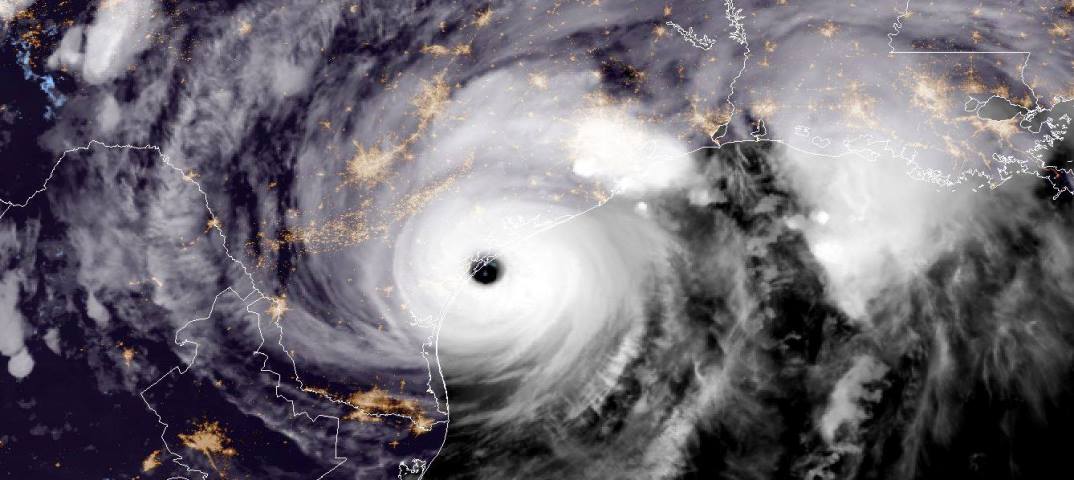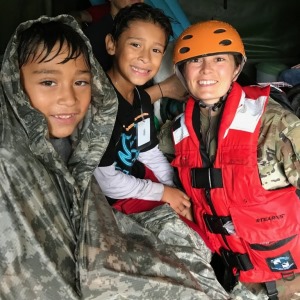
As relief efforts in Texas move slowly from response to recovery, we are all thinking about ways to help the people affected by this catastrophe – from general support to large relief organizations to designated funds to local nonprofits for mission-related programs. Recovery efforts will go on for years, and an ongoing philanthropic response will be needed.
Care, Recovery, and Rebuilding
Donations are needed for the immediate care of the population, for the short term recovery efforts, and/or for long term rebuilding of lives, communities, and economies. Consider which time frame is best suited to your philanthropy.

Because of the magnitude of the disaster in the nation’s fourth largest city, the people of Houston and all affected areas will depend on a strong web of government agencies, front-line disaster relief organizations, local nonprofit organizations and community groups, and generous individuals, corporations, and foundations.
Focus Area
1. The Greater Houston Community Foundation will administer the Hurricane Harvey Relief Fund, established by Mayor Sylvester to accept tax deductible flood relief donations. Renée Wizig-Barrios, the foundation’s Senior Vice-President and Chief Philanthropy Officer, explained that this will be a county- and city-wide, short- and long-term effort, guided by a local advisory board. As a community foundation, GHCF is well-suited to administer the fund; the organization played a major role in coordinating disaster relief efforts across the region after destructive storms in 2001, 2005, and 2008.
2. Save the Children‘s Jeanne-Aimee De Marrais, Senior Director of Domestic Emergencies, advises us that 40 percent of the thousands of people now in shelters in Texas are children. To help keep these vulnerable infants and young children safe, the organization is on the ground, providing shelters with supplies and services, including child-friendly spaces. In the near future their specialists will work to restore community child care centers (approximately 1,000 have been affected), and provide needed emotional support to school children and their families. Getting parents back to work is essential to the well-being of children and families and to the community’s economic development.
3. The Houston Independent School District (HISD) is the largest school district in Texas and the 7th largest in the USA; HISD counts 75.5 percent of its students as economically disadvantaged. The district’s first week of classes was cancelled by the storm, and the rescheduled September 5 opening is uncertain. One 11th grade teacher shared her fears for her students in an opinion piece for the New York Times. The HISD Foundation is now accepting charitable donations to help families recover from the effects of widespread flooding.
4. The Houston Food Bank anticipates an unprecedented number of individuals and families will be struggling to meet their basic needs over the next few months, at a minimum. The Food Bank is positioned to work closely with partner organizations to get food and supplies to those who need it most.
